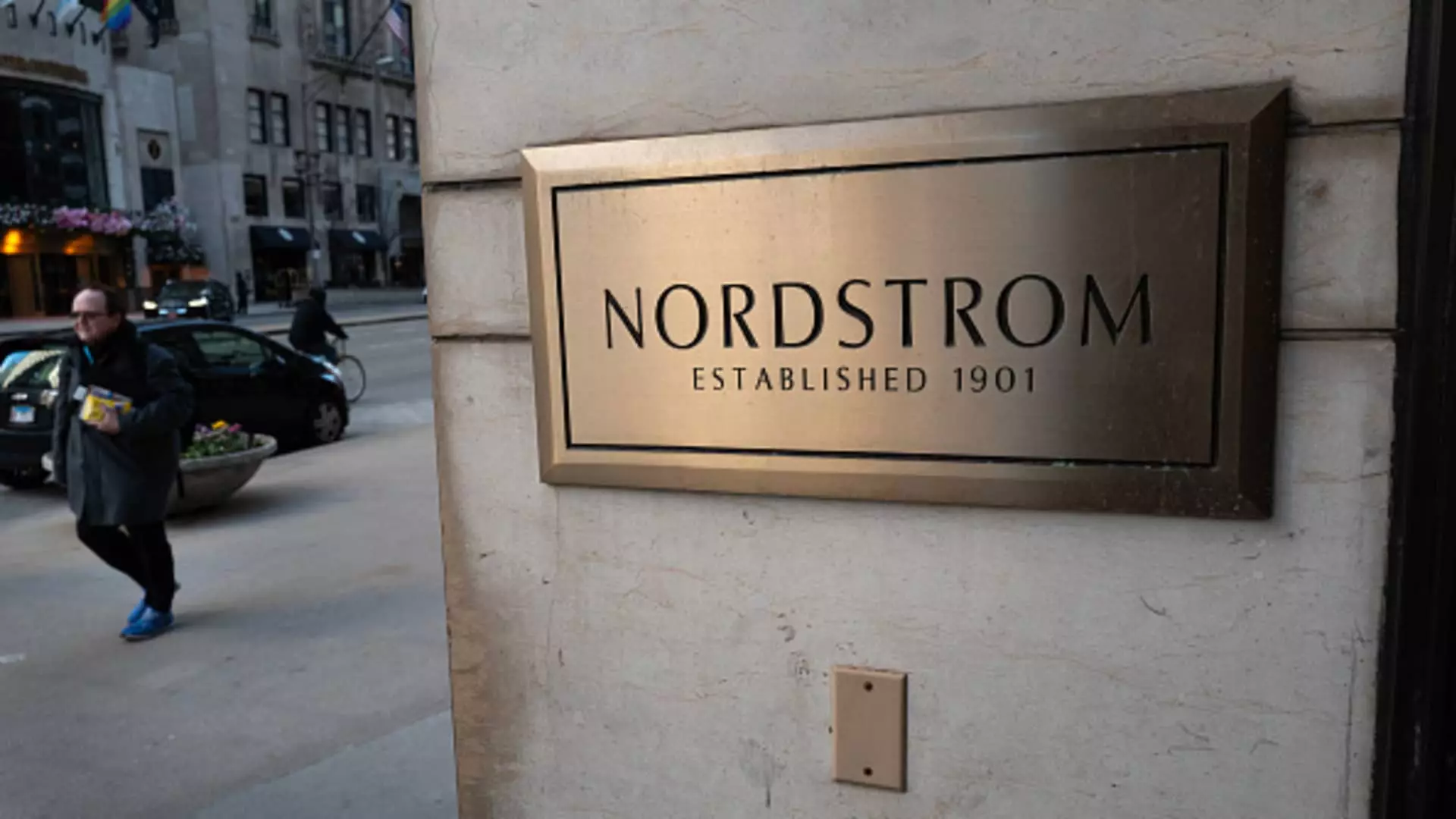On Monday, Nordstrom Inc. unveiled a significant shift in its business structure by announcing it would transition from a publicly traded company to a private entity. This transition comes as a result of a buyout deal estimated at approximately $6.25 billion, spearheaded by Nordstrom’s founding family alongside the Mexican retail giant, El Puerto de Liverpool. The buyout has been unanimously approved by the company’s board of directors, with the deal expected to finalize by mid-2025. Under the new ownership structure, Nordstrom’s founding family will retain a majority stake of 50.1%, while El Puerto de Liverpool will hold 49.9%. The agreement also guarantees that common shareholders will receive $24.25 in cash for every share they own.
This pivotal transaction marks a new chapter for Nordstrom, as expressed by CEO Erik Nordstrom in a recent press release. He underscored the company’s century-long commitment to enhancing customer experience, stating that the transition to private ownership aims to foster a thriving future. The enthusiasm from the Nordstrom family suggests an intent to reclaim and innovate the brand’s identity beyond the constraints of public market pressures. Interestingly, this isn’t the first foray into privatization for Nordstrom; the family had attempted a similar route back in 2018, but those efforts ultimately fell flat.
Despite a challenging retail environment, earlier reports indicate that Nordstrom has managed to exceed sales expectations during the third fiscal quarter. Revenue recorded a year-on-year growth of about 4%, suggesting a level of resilience despite predictions of a tepid holiday shopping season. However, broader trends in consumer behavior indicate a shift; shoppers are increasingly selective, opting to focus on needs rather than wants. This behavioral change poses risks to luxury retailers like Nordstrom, which must navigate the delicate balance of maintaining high-quality offerings while adapting to consumer price sensitivity.
Adding an interesting layer to the deal, El Puerto de Liverpool is well-versed in the retail landscape, operating various department store chains including Liverpool and Suburbia, alongside a substantial portfolio of shopping centers across Mexico. This partnership could potentially offer Nordstrom a gateway into new markets and customer segments, leveraging Liverpool’s established presence in Latin America. Thus, the alliance may not only secure financial backing but also present strategic opportunities for expansion.
As Nordstrom embarks on this transformative journey toward privatization, the focus will be on sustaining its storied legacy while adapting to modern retail challenges. The support from its founding family combined with resources from El Puerto de Liverpool may provide the necessary leverage to navigate evolving consumer demands and industry competition. The success of this venture will depend on how effectively Nordstrom can innovate and maintain its core values during this transition. This development is poised to reshape not just the retailer’s immediate future but also its long-term trajectory in an increasingly complex retail ecosystem.

